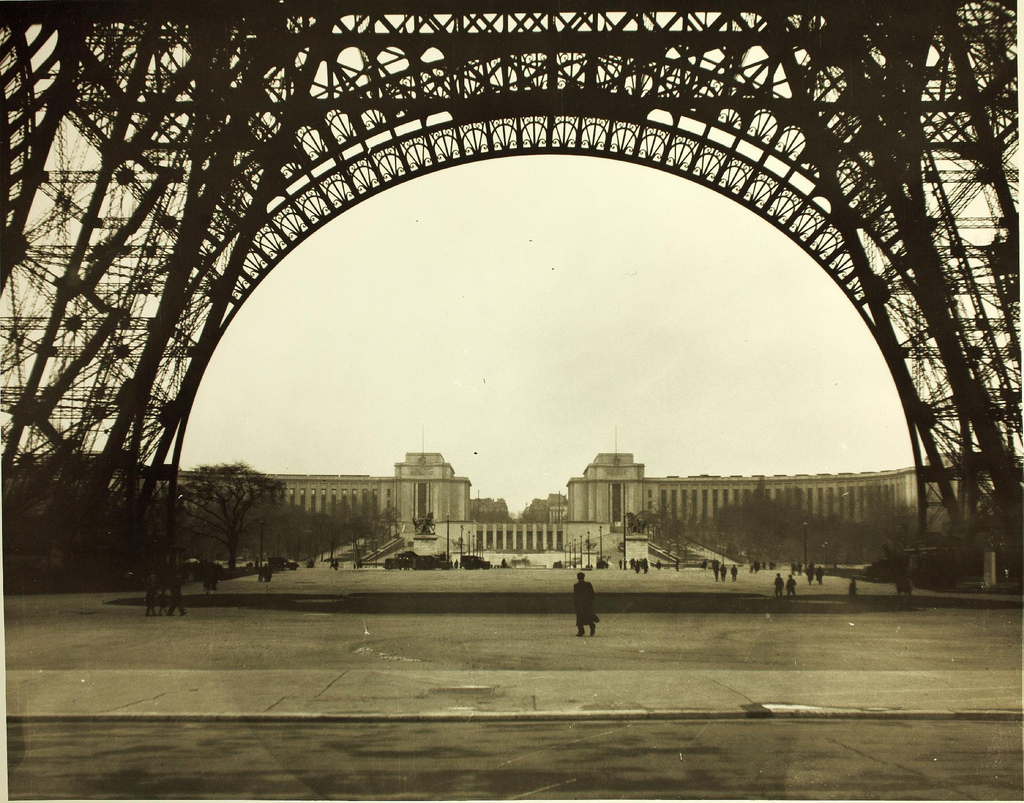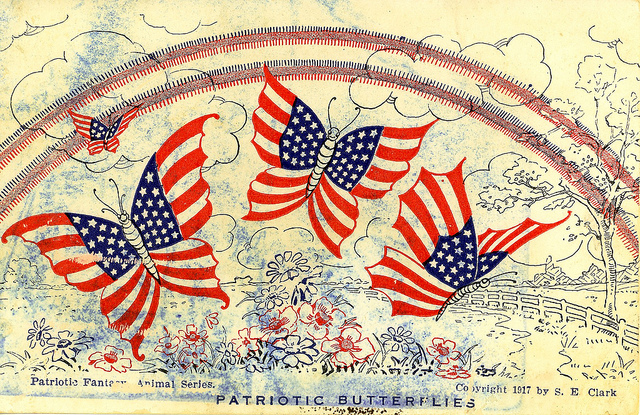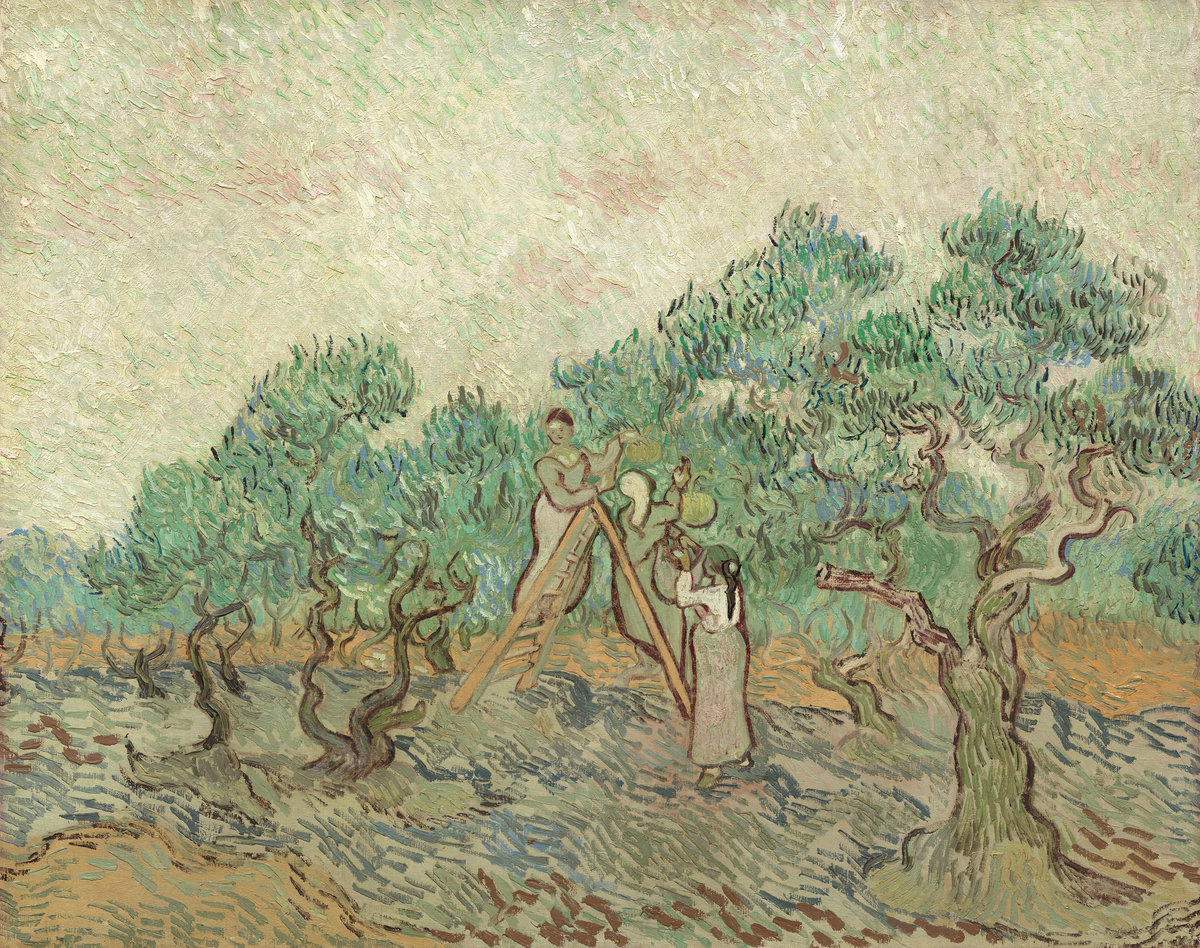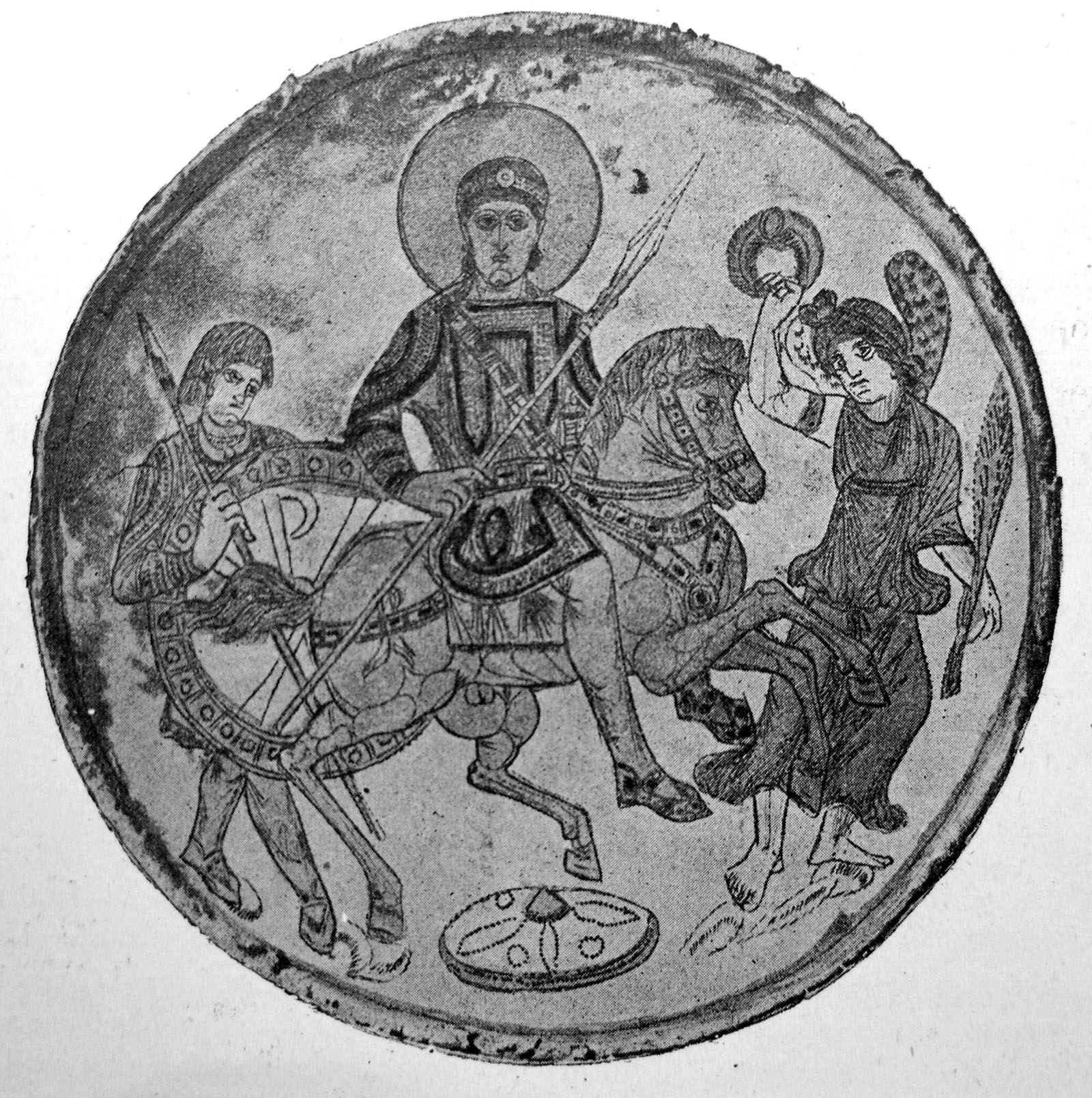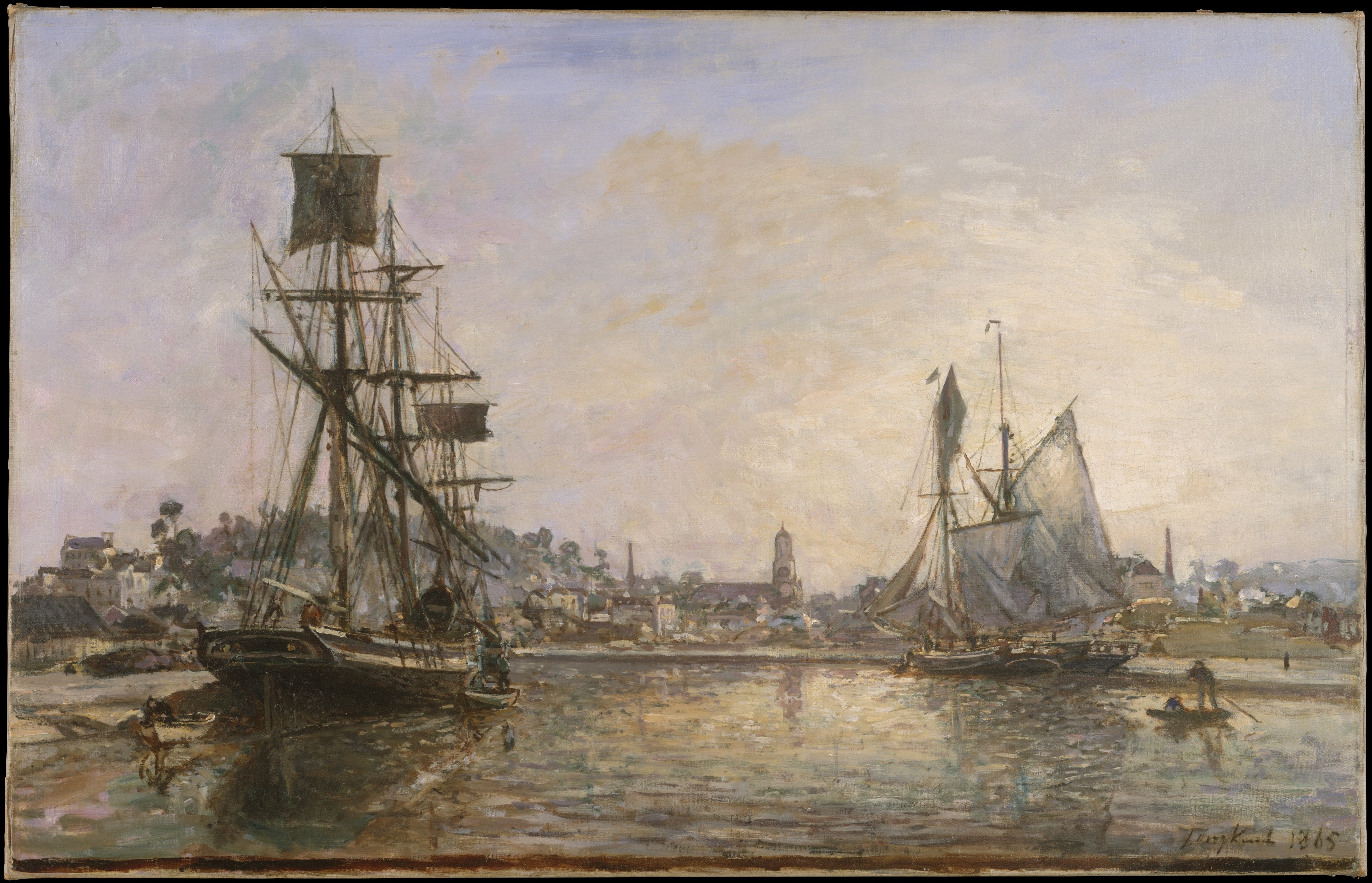At Friday’s news conference, Chinese leader Xi Jinping declared, “Confrontation and friction are not the right choice.” While the rhetoric is heartwarming, we should learn from history and recognize that confrontation with China remains a real possibility.
Although it may seem like a mere issue of semantics, the legal distinction between “migrants” and “refugees” has significant implications for those individuals currently fleeing to Europe from across Africa and the Middle East. And while the migrant crisis may seem far away from American shores, Pope Francis brought the issue across the Atlantic this week during his appeal to Congress for a more thoughtful policy towards migrants in the US.
Due to frightful conflicts elsewhere in the Middle East, the struggle in Yemen has received scant media attention. However, this week the Netherlands submitted a resolution to the United Nations Human Rights Council seeking inquiry into potential war crimes and crimes against humanity. This coincides with the revelation of a planned beheading and crucifixion in Saudi Arabia of a Shiite man convicted of crimes committed during the Arab Spring protests.
Heroin has recently overtaken cocaine and meth as the number one drug threat in the US. Not surprisingly, this is partly due to increasingly sophisticated Mexican cartels.
As imperial guards attempted a coup in Burkina Faso last week, civil society demanded the reinstatement of the provisional government and continued progress towards November elections. The world should take notice of yet another instance of successful nonviolent resistance.
The call for Catalan independence continues, threatening to open a new frontier of political crises throughout Spain and the EU.
Does Vladimir Putin’s upcoming meeting with President Obama portend greater coordination towards a resolution of the Syria crisis? While certainly less than ideal, Andrew Kydd suggests this might be the best policy option moving forward.

